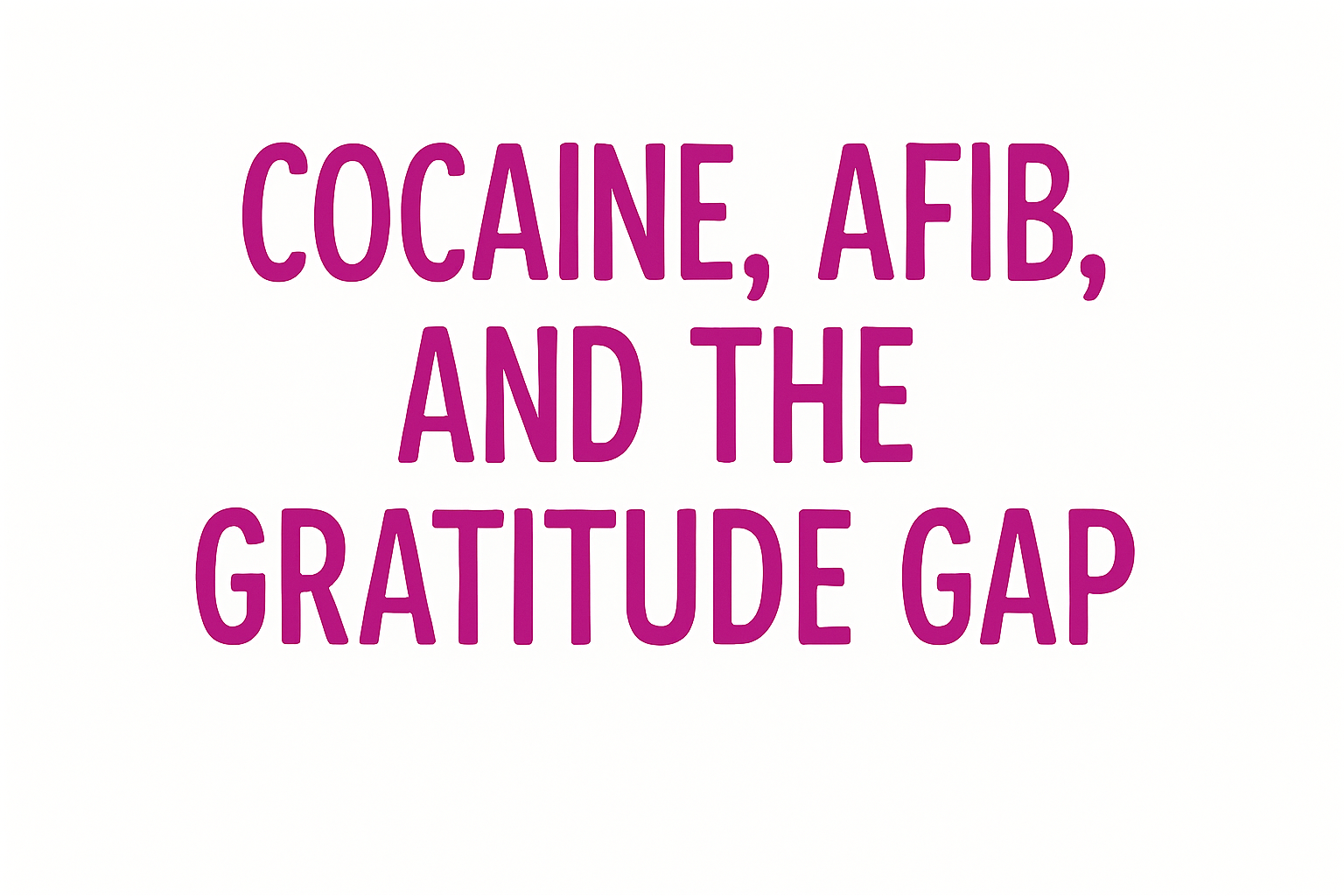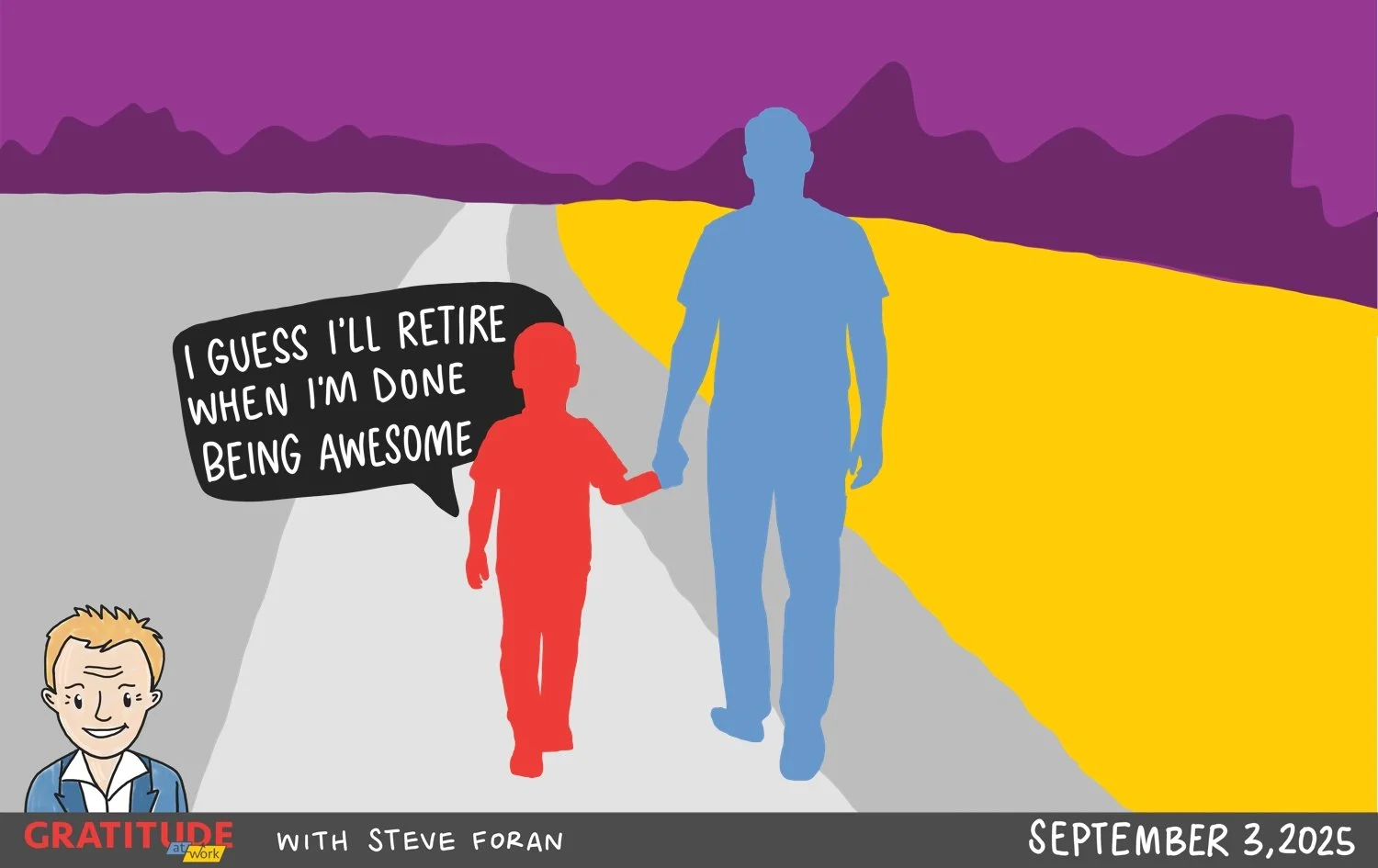What do you do when mistakes happen ?
Last month we went live with a new ERP operating system for my business. The new system has everything from CRM, finances, scheduling, email marketing, website engagement, document signing, file storage and more—it seems like it does it all ! There are still a few tweaks needed but I never imagined there would be an ERP product suitable for a business like mine.
During the launch we had several hiccups that are embarrassing. A few examples include a couple customers who received email reminders to pay invoices that had already been paid, some people got duplicate emails and one customer got the same email three times, one person got an incorrect assessment report, an important design element is still not resolved—and I’m sure there’s more I don’t even know about !
It wasn’t long ago that I would have agonized over these bloopers. Not today though because I’ve taken to heart a philosophy my earliest engineering mentor, Dave Cochrane, taught me. Dave was leading a major power grid expansion and was meeting with senior management where he was called to account for how the construction team tripped the largest paper mill in the province (in lay terms—they knocked the power off to a 100MW customer). Power outages are a very big deal and our general manager was uncharacteristically anxious and extremely stressed over the incident but Dave emerged from the meeting unfrazzled.
“How did it go ? I asked.
“Ok, but I don’t think they liked my response.”
“Why, what did you say?”
“I told them, You can’t make an omelet without breaking a few eggs.” And then he giggled.
Dave takes his work very seriously and he is probably one of the brightest and most competent engineers I’ve ever worked with—always striving for excellence. He also has an astute sense of perspective. He had already had the conversation with the construction crew about what they learned from the incident and how to prevent it from happening again in the future. For the technician who made the error, Dave knew how bad he felt and didn’t need to make him feel worse. In the grand scheme of things, it probably cost the customer $20,000 and while costly and very inconvenient, the power outage had no material impact on the paper mill whatsoever.
Dave’s approach created a sense of psychological safety on his team—which wasn’t even a term 30 years ago. His team did not operate from a place of fear because Dave nurtured a culture of innovation, creativity and excellence—and he took full responsibility for the outage !
So strive for excellence and remember, you can’t make an omelet without breaking a few eggs.















